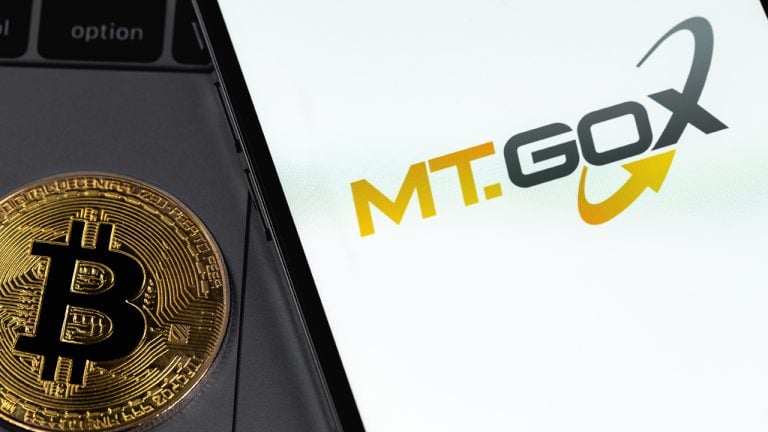
The operators face an obligation to store the transactions’ data for ten years and pass it to regulators on demand.
While there’s nothing new in imposing anti-money laundering (AML) standards on crypto, it is only now that the Indian government has decided to notify all interested parties of the obligation to comply with the national AML law.
On March 7, The Gazette of India published a notification from the Ministry of Finance, subjecting a range of transactions with crypto to the Prevention of Money-Laundering Act (PLMA) 2002 — namely the exchange, transfers, safekeeping and administration of virtual assets. Financial services related to an issuer’s offer and sale of virtual assets also fall under the PMLA.
The notification doesn’t provide many details, but the PML Act obliges financial institutions to maintain a record of all transactions for the last ten years, furnish these records to the officials if demanded, and verify the identity of all the clients.
All crypto businesses in the country would come under ambit of PMLA
— Nischal (Shardeum) ⚡️ (@NischalShetty) March 8, 2023
This is a good step towards regulating the crypto industry in India
This also ensures all crypto businesses must perform necessary KYC, transaction monitoring etc as part of their process.
Good progress ✌️ pic.twitter.com/lVhs5LWG4I
Written right on time when regulators all over the globe are tightening the AML standards for crypto, the notification will nevertheless complicate the life of crypto companies in India. And it already has not been too comfortable in recent years. From March 2022, according to amended tax rules, digital assets holdings and transfers are subject to a 30% tax.
Related: India explores offline functionality of CBDCs — RBI executive director
Trading volume on major cryptocurrency exchanges across India dropped by 70% within 10 days of the new tax policy and almost 90% in the next three months. The rigid tax policy drove crypto traders to offshore exchanges and forced budding crypto projects to move outside India.
In February 2023, Indian authorities once again demonstrated their tough stance on cryptocurrencies with a preemptive ban on crypto advertising and sponsorships in the local women’s cricket league. This followed a previous ban for the men’s cricket Premier League, introduced back in 2022.
In 2023, while celebrating India’s first presidency at G20, the country’s Finance Minister, Nirmala Sitharaman, urged international efforts to regulate crypto. She called for a coordinated effort “for building and understanding the macro-financial implications,” which could be used to reform crypto regulation globally.









